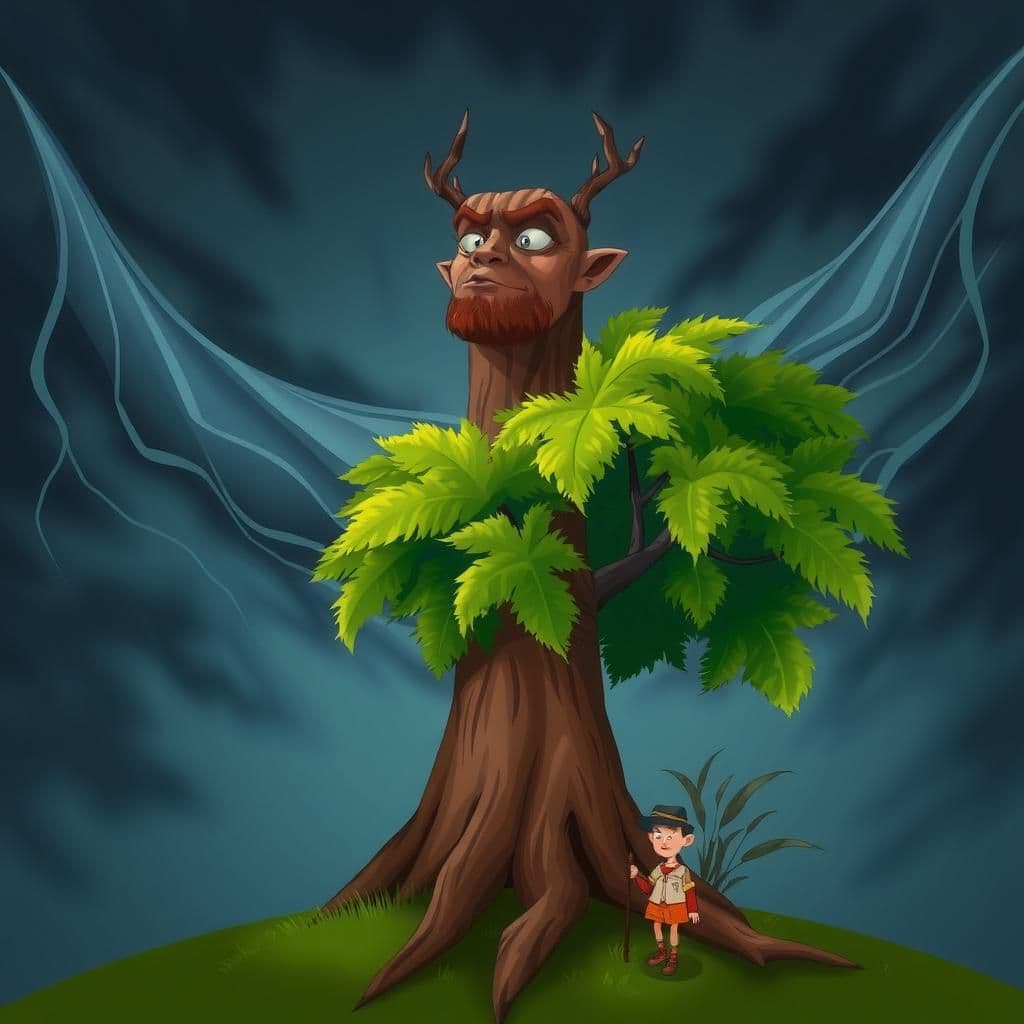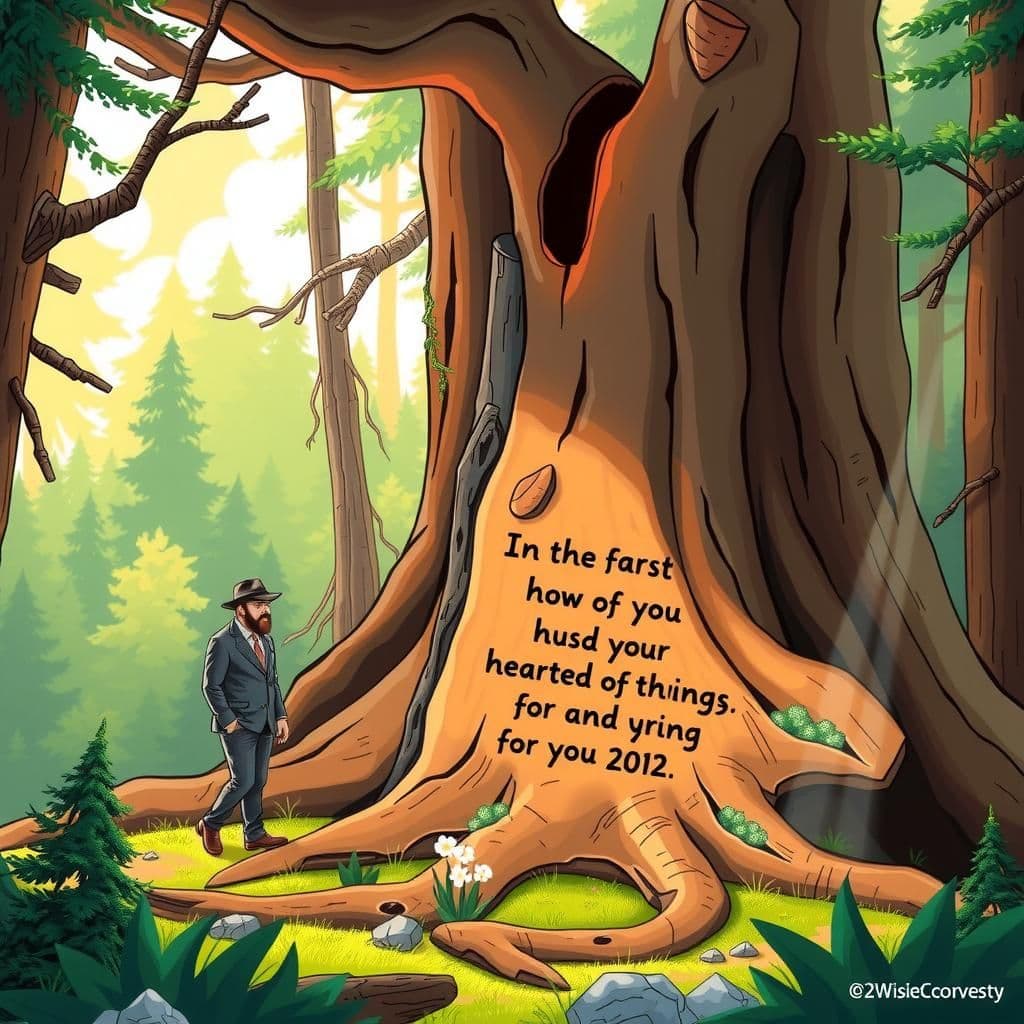The Mountain and the Mouse
In "The Mountain and the Mouse," a mountain's dramatic labor attracts a crowd from seven cities, all eagerly awaiting a grand event. Instead, a humble Mouse emerges, prompting mockery from the onlookers, but it confidently claims expertise in diagnosing volcanic activity. This short moral tale serves as a reminder that true wisdom can come from unexpected sources, a theme often found in timeless moral stories for kids.

Reveal Moral
"Great expectations can lead to disappointment when the outcome is much smaller than anticipated."
You May Also Like

The Fly and the Ant
In "The Fly and the Ant," a classic tale from folklore, the boastful fly highlights its glamorous lifestyle and the attention it receives in palaces, while the diligent ant emphasizes the merits of hard work and planning for the future. This short story with moral teaches that vanity is fleeting and often leads to danger, contrasting the superficial allure of the fly with the ant's industriousness and foresight. Ultimately, the moral stories written in this narrative remind us that true security comes from effort and preparation, not from idle boastfulness.

The Tree and the Reed
In "The Tree and the Reed," a proud Tree mocks a humble Reed for its perceived lack of ambition and strength, highlighting the importance of boasting versus modesty. However, when a hurricane strikes, the Tree is uprooted and destroyed, while the adaptable Reed survives by bending with the wind, illustrating valuable lessons from moral stories about the strength found in humility and flexibility. This culturally significant tale serves as a reminder that obscurity can often bring safety, making it a perfect moral story for kids and personal growth.

The Power of the Scalawag
In "The Power of the Scalawag," a Forestry Commissioner hastily abandons his axe after cutting down a magnificent giant tree upon encountering an honest man. Upon his return, he finds a poignant message on the stump, lamenting how quickly a scalawag can destroy nature's centuries of toil and wishing for a similar fate for the wrongdoer. This timeless moral story serves as a powerful reminder of the consequences of greed and carelessness, making it an engaging quick read for kids.